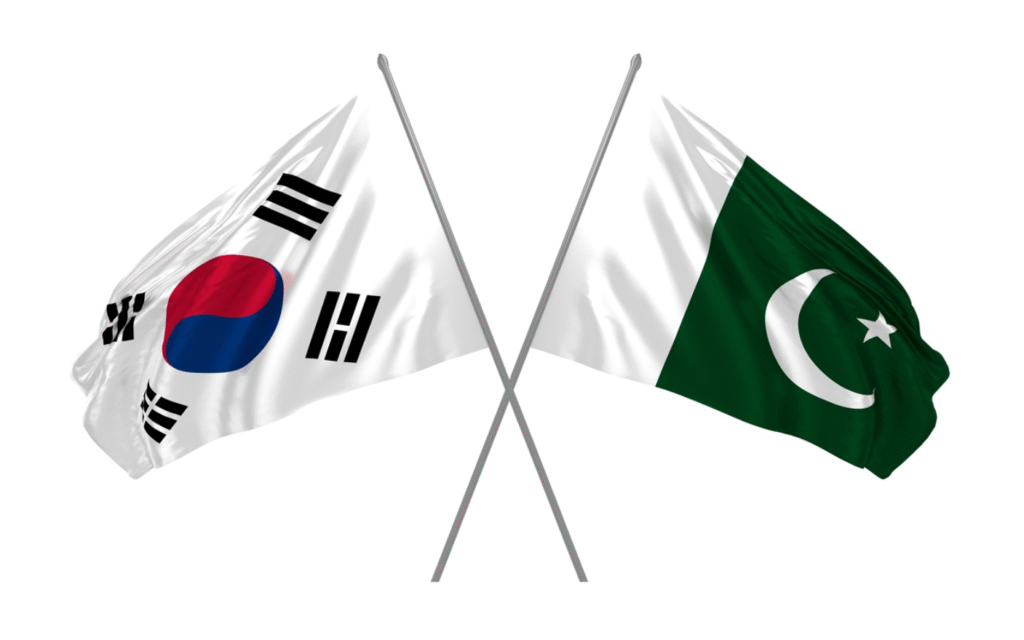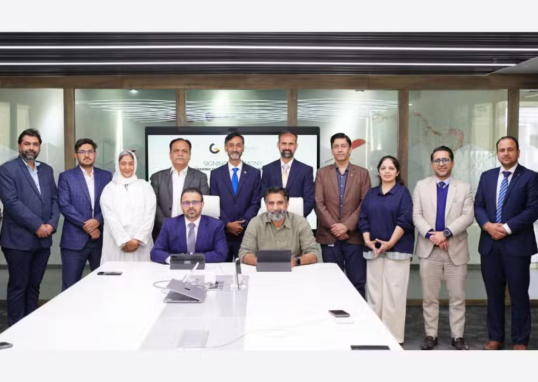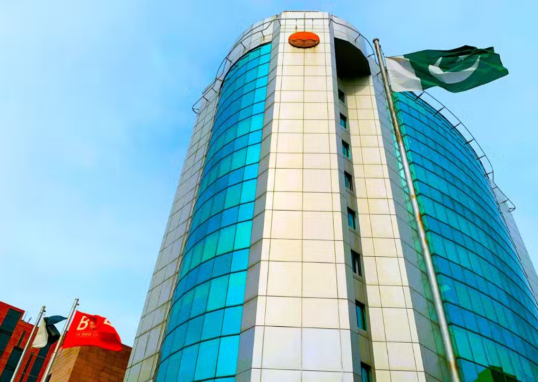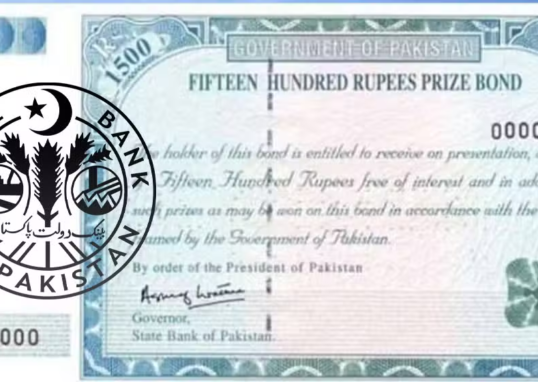

In a significant development for overseas employment, South Korea has officially increased Pakistan’s labour quota by 30% for the year 2025, marking a major boost for Pakistani workers seeking opportunities abroad. The announcement, shared by the Ministry of Foreign Affairs, highlights a growing partnership between Islamabad and Seoul under the Employment Permit System (EPS).
According to the details presented to the National Assembly, South Korea has allocated a quota of 5,400 Pakistani workers for 2025, a substantial rise from last year’s quota of 2,400. The increase follows successful negotiations between Pakistan’s Ministry of Overseas Pakistanis and Human Resource Development (HRD) Mission of South Korea.
Officials stated that this decision reflects South Korea’s strong confidence in the discipline, productivity, and technical expertise of Pakistani workers who have consistently performed well in manufacturing, agriculture, and construction sectors. Over the years, Pakistani labourers have earned a solid reputation for their reliability and work ethic under the EPS framework.
South Korea’s Employment Permit System enables the recruitment of foreign workers to fill critical labour shortages in industries requiring skilled manpower. The workers are issued E-9 visas, allowing them to work in specific sectors for a fixed duration.
For Pakistani applicants to qualify, they must pass the EPS-TOPIK exam — a Korean language proficiency test — along with a mandatory skills assessment. These evaluations ensure that only well-prepared and skilled candidates enter the South Korean workforce. The Overseas Employment Corporation (OEC) manages the entire process in Pakistan, from test registration to document verification, in compliance with international labour standards.
This increase in the quota is not the first. In 2022, South Korea raised Pakistan’s allocation from 1,000 to 1,500 workers, recognizing the country’s positive track record and growing human capital potential. The 2025 expansion builds upon this trust, offering thousands of Pakistani workers new employment prospects with better income opportunities.
Officials have also credited the HRD mission’s ongoing initiatives to promote training and skill development as a key factor behind this success. The collaboration between both nations is expected to further enhance technical cooperation and cultural exchange while contributing to Pakistan’s foreign remittances.
The latest increase marks an important milestone in Pakistan-South Korea relations, reaffirming a shared commitment to economic collaboration and workforce development. With greater opportunities now available, the move is expected to benefit skilled Pakistani workers and strengthen bilateral ties between the two countries.






